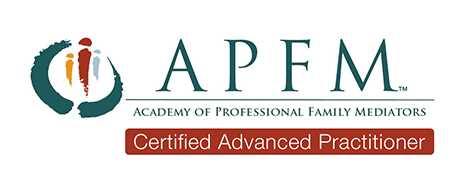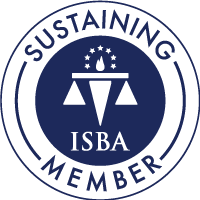By: Tess Worrell
“Who AM I” wondered Vickie as she stared in the mirror. Dark circles under her eyes emphasized her exhaustion. Too many sleepless nights. Too much indecision. Too many pulls in different directions by family and friends. Not knowing where to turn, Vickie felt herself going under.
Charlie never felt the pull of different directions because he chose to tell no one about Sally leaving. “I can do this on my own,” he convinced himself. The “on my own” generally felt a lot easier after several nightly beers. Unsure of what was going on, Charlie’s friends became increasingly concerned as they saw Charlie going under.
People cope with divorce in a variety of ways, some healthier than others. Finding the healthy route is imperative. Though what works is as individual as each person facing this life stage, there are some common elements.
Develop a support team
There was once a gifted surgeon who knew he was the best, not only in his hospital, but in perhaps the nation. One night his wife found him covered in blood on the bathroom floor. “The pain was so excruciating, I knew the gall bladder had to come out,” he replied to her shocked look. “I didn’t trust anyone else.”
Ridiculous, sure. Yet, too often the approach of people who try to go it alone in the divorce process. Assured of their expertise on their life, they refuse to call on others too often ending up covered in their own blood.
Though people are the experts on their own lives, as they journey through the divorce process, they generally need support and input from others. A support team includes professionals, friends, and others to help map a course for the process. Suggestions for the team include:
- Legal professionals (attorneys, mediators, etc.) to guide the decisions on all the legal issues entailed in divorce
- Financial professionals (tax planners, accountants, budget guides, and divorce financial planners) to enable smart decisions about money and using assets available now for secure futures
- Life professionals (counselors, coaches, dieticians, physicians, etc.) to educate, advise, and support emotional and physical health during this transition
- Spiritual support (pastors, friends, groups) focused on helping navigate the deep spiritual issues surrounding divorce and finding answers
- Career support (hr departments, employment agencies, resume services, networking organizations) to help a return or adjustment to employment stemming from divorce
- Friends/family to listen and support through the range of emotions, offer perspective, and to assist with the logistics of getting children to events, making dinner when energy is ebbing, or babysit when a break is needed
Including key people in the support team offers protection, support, and the most productive route to getting through this process healthy, whole, and ready for the next stage of life.
Define Core Values
Going it alone costs people greatly in time, money, and emotional damage when they must fix mistakes others would have caught or develop patterns that increase the damage of isolation. At the same time, a team of people pulling in different directions can do harm as well. People are the experts on their own life. Decisions must be guided by elements that matter most: core values. Taking the time to gain a sense of what matters most not only focuses personal decision-making, it offers the members of the support team a unifying framework for their assistance.
Core values include elements such as:
- Desiring financial Security, whether defined as “enough to get by” or “abundance”
- Healthy relationships
- Honesty, integrity, openness in the process
- Freedom
- Power, influence, or control
- Equity, fairness, or even playing field
- Opinion, respect, or evaluation of others
- Harmony or peacefulness
- Simplicity
- Stability
- Spiritual consistency
- Joy
As people consider the significant decisions they have made in the past, analyzing the key factors that shaped the decision gives insight as to the core values that shape their lives. When people understand these core values, they gain insight into the guiding principles for navigating this stage as well. The values become principles for evaluating the myriad of options presented to resolve the issues, for defining how to treat the other party, and for how to behave in the face of overwhelming pressure. These values guard against Vickie’s sense of “Who am I” replacing it with a clear picture of who remaining a whole, complete person even as life changes dramatically. They also help define, for those who have committed to helping, the types of support needed preempting the sense of being pulled in different directions.
Taking the time to develop a set of guiding principles then sharing these with key support people enables individuals to navigate their divorce in a healthy way and give direction for the future.





